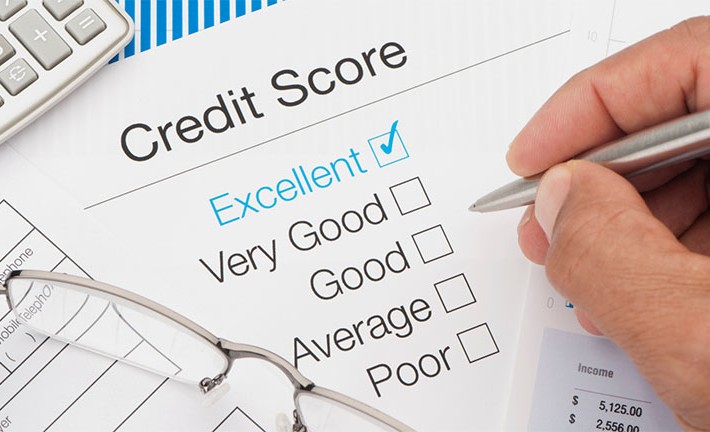Are you searching for ways to improve your credit score for a better financial future?
You can see the light at the end of the tunnel when you first realise that so much of it depends on numbers. Your credit score is one of those important numbers. It is guaranteed to influence the cost of the big ticket items you have to prepare for such as taking out a mortgage, planning a wedding, qualifying for a car loan and building up for retirement. A good credit score is crucial for these financial successes.
Improving your credit score should be a priority. The higher your score, the better your chances of getting the credit you need. So do you know your credit score? And more importantly, do you know how to improve your credit score if it’s not measuring up?
Here are five tips to help you improve on your credit score.
- Check your credit report and rectify any mistakes
Any incorrect information you find on your credit report could be affecting your credit score. Check your report thoroughly and get it fixed if you do see a mistake or factors that have pulled down your score. It is advisable to check at least once a year as the information in your credit report determines your credit score. Take steps to fix it and follow up to ensure it has been resolved. Otherwise, the error will remain on your report and could possibly hurt your credit score.
If you wish to dispute the completeness or accuracy of any item of information such as the account status, previous enquiries and overdue balances, do consult Credit Bureau Singapore (CBS) and CBS will post a notice in your credit file that the credit data is being disputed and is under investigation.
- Pay your bills on time, all the time
A missed credit card bill payment will have the greatest and longest lasting impact. The more recent the missed payment occurred, the greater that impact will be, and the more missed payments you have, the longer it will take to recover. The prescription here is clear: Pay your bills on time, all the time.
How you charge purchases to your credit card and pay off your credit card debt every month will determine your credit standing and show how much of a credit risk you are. Paying your credit card balances in full every month helps you to maintain your credit rating and build up a good credit score. This will enable you to use credit to work harder for you, rather than becoming a slave to credit.
Where possible, always try to pay in full as rollover or outstanding balances will be charged at 24% p.a. Consider payment via GIRO to ensure payments are not late. The consistency of paying bills on time is critical to your credit score. It is simply month after month of plain-vanilla, on-time payments. This will greatly help improve your credit score if you are trying to offset the late credit card payments as these on-time payments will make positive behaviour in your favour moving forward.
Note: Default records stay on your credit report for 3 years upon full or negotiated settlement while bankruptcy data is retained for 5 years from the date of discharge from bankruptcy.
- Avoid multiple new credit applications within a short period of time
There is no hard and fast rule that determines the number of new credit applications that will push you from looking like a responsible consumer to an unreliable one as every bank has a different set of requirements and criteria to satisfy.
Applying for new credit facilities within a short period of time can have an adverse effect on your credit score as it would put many enquiries against your credit report. Always approach credit use with moderation.
Note: Previous Enquiries are retained on your credit report 2 years from the date of enquiry.
- Keep your credit active
One of the main purposes of having a good credit score is to ascertain that you are a responsible user of credit. It may seem contradictory, but it is not good enough to simply pay off your credit card bills and not utilise them again. There’s a solution, but one that should not be treated irresponsibly. Use your cards from time to time, manage within your credit limits and generate a sustained history of on-time repayments. Keep your credit active. In today’s world of credit repair, part of proving you’re a good credit consumer is actually using your credit.
- Commit to keeping it simple
The bottom line when it comes to credit is this: When you do pay your bills on time, all the time, keep your balances low, avoid multiple new credit applications within a short period of time and keep your credit active, your credit score will work out fine. Many of us tend to overthink credit, but it is that simple. It is all about prioritising what’s important to you.
The absolute best thing you can do for your credit is to commit to doing the following in the long term:
- Check your credit report annually
- Pay your bills on time, all the time.
- Avoid multiple new credit applications within a short period of time
- Keep your credit active
Not everyone may have a sterling credit record but the good news is, it is entirely within your power and control to rebuild your credit health. You also have to be consistent. The above factors all matter, and credit is not something that grows by leaps and bounds, but if you treat it right, it will not fail you but push your score in the right direction.

